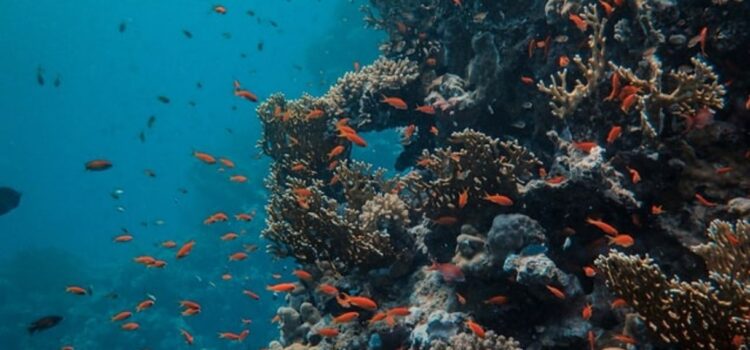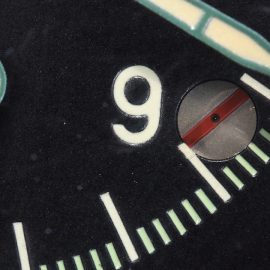

This article is an excerpt from the Shortform book guide to "The Sixth Extinction" by Elizabeth Kolbert. Shortform has the world's best summaries and analyses of books you should be reading.
Like this article? Sign up for a free trial here .
Why are coral reefs dying? What are the main driving factors behind the projected coral reef extinction, according to scientists?
Corals have endured for many geologic epochs, but researchers believe they won’t survive the Anthropocene. Instead, they’re on a course to be the first major ecological system to go extinct. The two main reasons why coral reefs are dying are ocean acidification and climate change.
Keep reading to learn why coral reefs are dying.
Why Are Coral Reefs Dying?
Coral reefs stretch around the middle of the globe, enchanting in their beauty—Darwin described them as “amongst the wonderful objects of the world.” Biologically, they are even more distinctive. Yet they are under dire threat. Some scientists project they’ll last out the century; others don’t give them even that long. One paper in Nature predicted that visitors to the Great Barrier Reef in 2050 will find it rapidly disintegrating.
How Reef-Building Corals Work
Coral reefs are strong enough to destroy ships, yet they’re built by generations of tiny marine invertebrates called polyps that work together as communities, each secreting calcium carbonate to form a hard exoskeleton. Corals get nutrients from a microscopic plant (zooxanthellae) that lives in their tissues.
Among calcifiers, corals are master builders. Billions of individuals belonging to one hundred different species join forces to build a reef, which is a living, ever-growing structure.
Reefs are comparable to rainforests in the immense variety of life they support. Millions of marine species spend part of their lives on reefs, depending on them for protection or food. Additional species prey on those using reefs for protection or food. Researchers have cracked open small chunks of coral and found hundreds of species—one volleyball-sized piece contained fourteen hundred worms of one hundred and three species.
Coral are highly sensitive to ocean acidification. They need a certain “saturation state” or concentration of carbonate ions in seawater in order to create their exoskeletons. Acidification lowers carbonate ion concentrations.
Once a year, corals engage in mass spawning, in which the polyps release eggs and sperm together in bundles that break open after release. Ideally, eggs and sperm connect and produce larvae. However, acidification and lower saturation states reduce fertilization. They also hinder larval development and establishment to begin new colonies.
Climate Change and Other Threats
Acidification’s “evil twin,” climate change, also is a significant threat to reef-building corals because it increases water temperatures. When the water temperature rises too high, zooxanthellae, the microscopic plant that lives in coral and provides it with carbs through photosynthesis, starts producing harmful concentrations of oxygen radicals. The coral then eject the zooxanthellae. Because these organisms also give reefs their color, the reefs turn white, which is referred to as coral bleaching; they stop growing and die.
Corals also face other threats, some of which are more immediate, including:
- Overfishing, which stimulates the growth of algae that compete with corals.
- Agricultural runoff, which promotes algae growth.
- Deforestation, which leads to erosion and muddies water.

———End of Preview———
Like what you just read? Read the rest of the world's best book summary and analysis of Elizabeth Kolbert's "The Sixth Extinction" at Shortform .
Here's what you'll find in our full The Sixth Extinction summary :
- How humans have set in motion a sixth mass extinction
- The 5 mass extinction events that occurred over the last 500 million years
- Why human ingenuity might be able to save the human species from extinction






